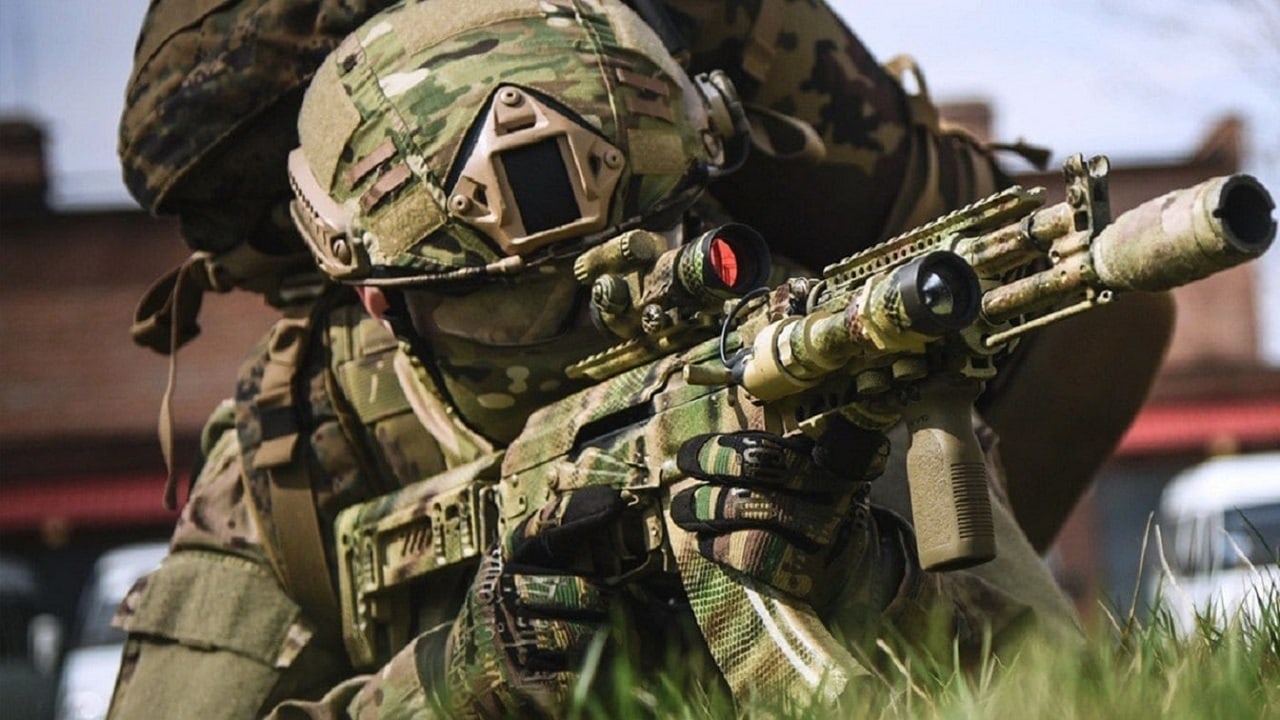Another day, another crazy accusation from Russia when it comes to the war in Ukraine: Two Russian lawmakers this week pushed the absurd conspiracy theory that Ukrainians were being turned into “cruel and deadly monsters” in the country’s bio labs.
The two politicians — Konstantin Kosachev, the deputy speaker of Russia’s Federation Council, and Irina Yarovaya, deputy chair of the State Duma — are currently spearheading an investigation into the alleged laboratories in Ukraine, per Russian news outlet Kommersant.
This claim appeared to have been taken one step further by the Russian politicians this week, who said they had tested the blood of captured Ukrainian soldiers and found what they claimed was evidence of experiments “for military purposes,” per Kommersant.
There is no evidence of Ukraine deploying genetically modified super soldiers.
Kosachev, for one, claimed without substantiation that there were “extremely dangerous diseases” and “substances” found in the soldiers’ blood, per the outlet.
Kommersant also reported on Yarovaya’s comments to reporters in which she claimed without evidence that “performance-enhancing drugs” were being given to Ukrainian soldiers to “completely neutralize the last traces of human consciousness” and turn them into “cruel and deadly monsters.”
Per the outlet, Yarovaya also claimed that Ukraine has committed crimes against civilians and prisoners of war, while also baselessly blaming the US for its involvement in the “control and creation of a cruel murder machine.”
Russia has long pushed the outlandish conspiracy theory that the Ukrainians have been carrying out nefarious experiments in the country’s labs.
In March, just two weeks after the Russian invasion began, state-linked media organizations baselessly claimed that the US is operating biological weapons laboratories in Ukraine, but that conspiracy theory was debunked.
Cheryl Teh is a senior breaking news reporter based in Insider’s Singapore bureau (where this first appeared), where she covers everything from major military and political shifts in the region to developments in pop culture and social media.

